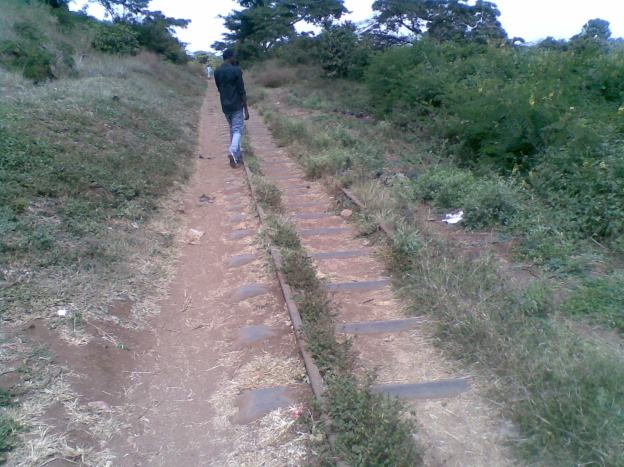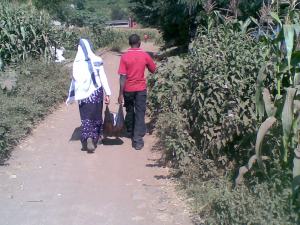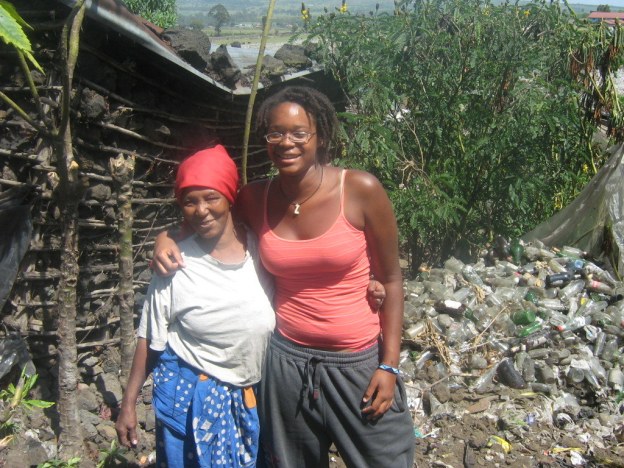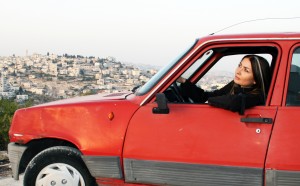I really hate Edward Said. May he rest in peace.
I love his work.
Orientalism is one of those books, after which you’re never the same again. As a thinker, I am hugely indebted to it. But as a travel writer, Said and Orientalism are a bit like disapproving parents, watching me carefully, with my fear of disappointing them sometimes preventing me from speaking at all.
Every time I think about writing or about starting a post about a place I’ve been, or an experience I’ve had while travelling, I have a mini-heart attack.
‘Do I sound like an orientalist?’ I worry. And stop writing.
I am black, so I didn’t simply understand Orientalism as Said detailed it, I felt it.
Having grown up black in a white space in which everyone is constantly bombarded with images of your blackness as a negative, I know what it means to be defined by people who don’t know you. Or don’t like you. And don’t know what they’re talking about. Who leave you to deal with the consequences.
I know the frustration, the pain, and bristle at the injustice.
So I can write about travel from time to time, but I can’t be an Orientalist. O the shame if I were!
I’m still idealistic enough that I believe that I can write interestingly about travel while keeping ‘them’ and ‘us’ binaries out of my work. I can refuse to bow to that still-popular discourse of difference. It is not required that I fetishise or exoticise the places I visit and the people I meet. And it does matter that I try. Right?
Where is the Orient anyway? I once asked. Geographically, I meant. It was a legitimate question. Does it include Turkey? China? Iraq? Japan? Morcocco? Mali? Egypt? Lebanon? Vietnam? The orient and the occident. East and West. Geographical opposites. Ideological binaries in a spinning spherical world.
What I learned from Edward Said is that there is no such place as ‘the orient’. It’s not a continent. It’s not a country. It’s not even a region. It’s an entirely imaginary space. People (yes, nineteenth century Europeans primarily) wanted to describe some cultures and customs more similar to each others’ than to their own – in the Europeans’ version of events – and thus came up with a way of describing them: The orient aka the other.
Among the Europeans themselves there was no consensus of what exactly constituted The Orient. For the French it included Mali, and Morocco, for the British it sometimes included India and China, but no place in Africa. They both usually included Turkey, but not always, and the Dutch, Spanish, Portuguese, Prussians, and Italians all had their own versions of the orient presumably. It was and remains, all very imprecise and rather unclear. Yet the concept remained useful so somehow, it stuck.
Orientalism was all the rage in nineteenth century Europe; learning languages with ‘different’ alphabets, trying out ‘different’ dress modes, learning about ‘different’ customs and religions, this was the height of cool.
This fashion coincided of course with the period of imperial expansion/consolidation of the colonial powers of the day: thus Orientalists were on the scene as the good guys, enthusiastically learning about the cultures and lifestyles their fellow countryfolk were in the process of dismantling, often quite consciously and for ‘their’ own good ‘they’ liked to say. A rather interesting marriage from this vantage point.
What Said explained is that The Orient is a euphemism for difference. A space which is absolutely different, it was never supposed to be real. It’s a projection of fears and fantasies, a diametrical opposite of all that is presupposed as European, and an authoritative interpretation of someone else’s reality.
Tell that to the news anchors talking about ‘the Middle East’ (le moyen orient in French). I’m always tempted to ask, so is that east of the middle? Or middle of the East? Can a spinning sphere even be said to have an ‘East’ and ‘West’? Cos surely, from say, Sri Lanka, Syria is definitely west? And from these parts (the Caribbean) it’s halfway across the world, and as much North East as it is North West.
That’s it’s so hard to define geographically, and ideologically f*cked up, is why I hate to use the words ‘them’ and ‘us’ in my writing. It’s why I can’t hack the term ‘Western civilisation’ or ‘Western’ anything that’s not tied to a specific geographical entity on my Peter’s Projection map. It’s why I don’t write ‘from the road’, hesitate before writing about a place I spent a couple of weeks in, and it’s why I sometimes struggle to write at all.
Cos I’d hate to be an orientalist.
Today’s orientalist is a lot like yesteryear’s; someone who becomes an expert on somebody else’s country/culture/customs/language. And somehow ends up having a louder voice than people who claim the country/culture/customs/language as their own.
Cos that’s the problem with orientalism: it’s also about power. It’s not just about one random person spouting off highly debatable ‘truisms’. It’s about how one narrative is reinforced by other fellow foreigners, until it becomes The Narrative about that place or those people etc etc.
Those people.
Cos that’s what orientalists do. They specialise in difference. They highlight how ‘they’ are not like ‘us’ and it’s rarely done from a place of equality. Where difference is valuable, interesting even; proof of the ability of humans to adapt to their surroundings and realities and be infinitely creative. ‘Difference’ tends, in the world of orientalists, to be exotic. Exciting. For ‘our’ benefit.
Rarely is difference mere evidence of fellow humans occupying another space and organising themselves how they see fit.
Too often, Difference is to be highlighted, prodded at, giggled at, ridiculed, judged, experienced, consumed. Cos where it suits us, difference offers a space to escape the norms we don’t like in our own societies.
Similarity does not get a second glance in the world of the orientalists. Poor bugger.
So even though I’ve been up and down of late, I’ve been struggling to put pen to paper, cos I’m trying to avoid being an orientalist. It’s also why I don’t write reams about Martinique despite my current perma-foreigner status and the many adventures that brings.
But life has been as exhilarating and chaotic as usual, so as soon I find a way to relay my adventures in a way that doesn’t stamp on the dignity of the people I share them with, you’ll read them here first!
xxx
NB If you think Orientalism sounds interesting, but don’t fancy reading the book, you can check out Chimamanda Adichie’s Ted Talk The Danger of a Single Story on youtube. I think she’s kinda saying the same thing.
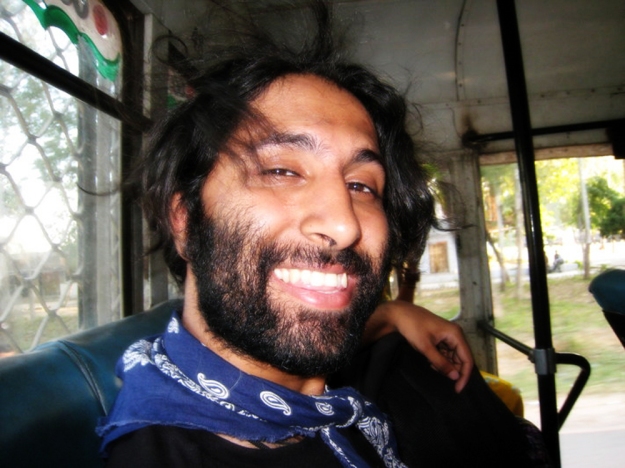 Images courtesy of Navdeep Dhillon
Images courtesy of Navdeep Dhillon 

